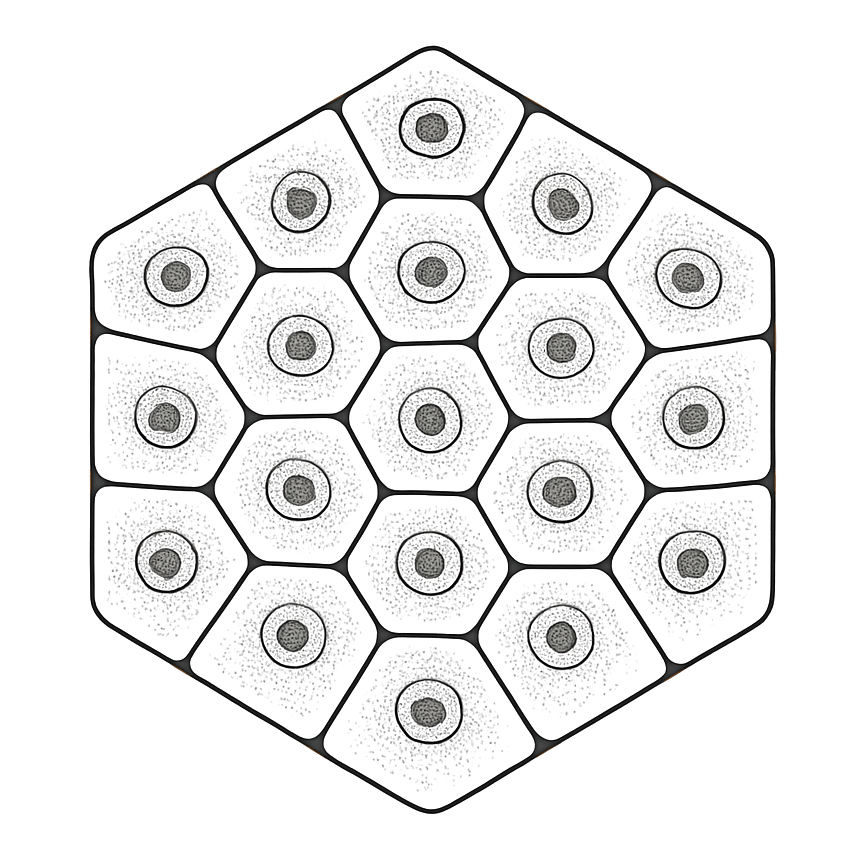What causes acne?

The causes of acne are complex reflecting a combination of multiple factors.
Age: Acne is most common in the teenage years and early 20s. It becomes less common with age but can come on for the first time in older individuals.
Genetic factors: Acne can run in families, and severe acne is more common when other family members have been affected. This reflects an inherited tendency rather than a specific acne gene.
Hormonal factors: The production of sebum is increased by hormonal changes that occur at puberty and this is an important factor in the development of acne. Acne can fluctuate with the menstrual cycle and, where women also have irregular periods and/or excessive hair growth the diagnosis of polycystic ovary syndrome (PCOS) should be considered. These cases are often referred to as hormonal acne.
Propionibacterium acnes: This is a common bacteria found on healthy skin, however in individuals prone to acne it can cause infection of hair follicles and worsen the condition.
Drugs: Certain medications including the progesterone only pill 'minipill', steroids and certain novel targeted cancer treatments can trigger the development of acne so it is important to tell your dermatologist about all medications that you are taking. The use of topical steroids, for example for the treatment of eczema on the face can also worsen acne.
Thick or greasy moisturisers or make up can block the opening of the hair follicle triggering the development of acne breakouts.
Sustained pressure, for example from a mask, motorcycle helmet or from a weight bench in the gym can compress the openings of hair follicles triggering acne.
Diet: In most cases, diet does not play a significant role in the development of acne however some studies have shown an association between a diet high in milk or high glycaemic index foods.
Related Articles
- What is acne?
- What causes acne breakouts?
- Does acne run in the family?
- What treatments are effective for hormonal acne?
How I can help
My NHS practice is at Guy's Hospital. I consult with private patients at several well-appointed and conveniently located sites across central London:
- London Bridge Hospital: Conveniently situated within The Shard, next to London Bridge station.
- Skin55 Ltd: Located at 55 Harley Street, this beautiful Edwardian building houses one of the largest private dermatology facilities in the UK with a comprehensive laser suite.
- OneWelbeck: Located close to Bond Street underground station. Mohs surgery, lasers, and other skin surgeries are performed in the state-of-the-art surgical suite here.
A new consultation is £250, a follow up consultation is £220. For more information on fees, please visit Prices.

